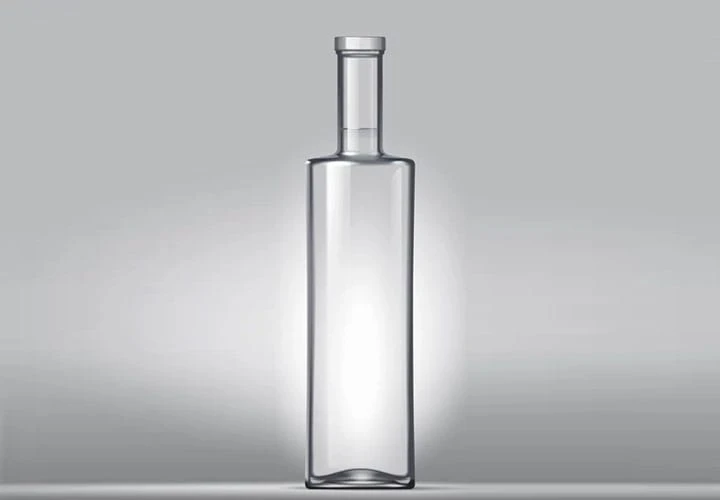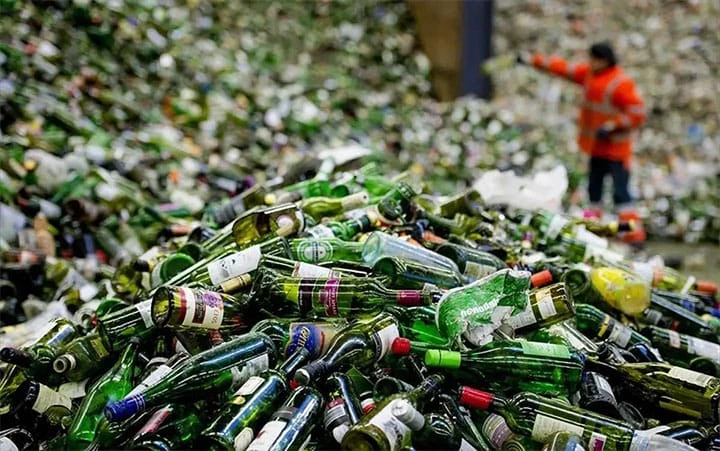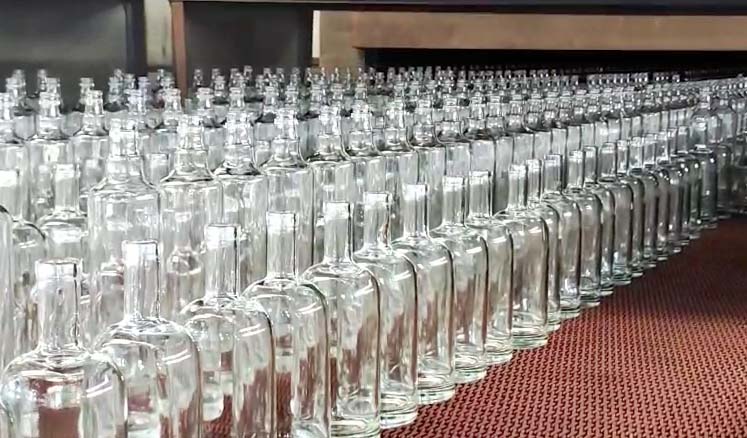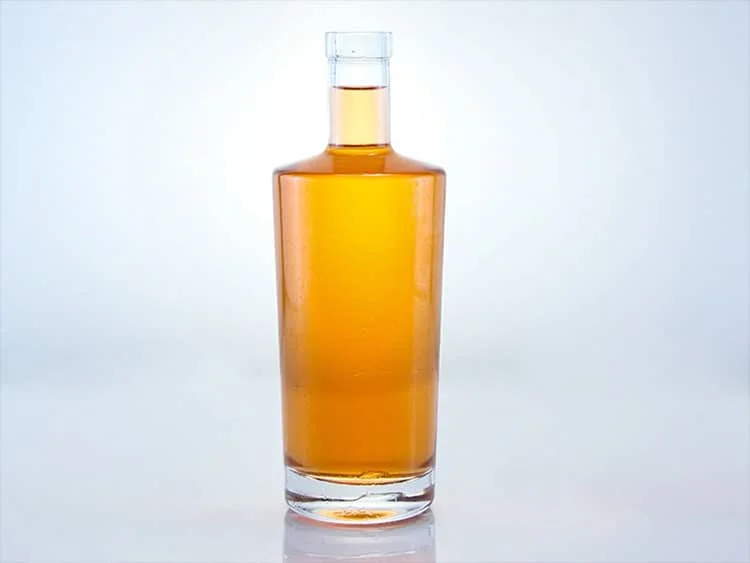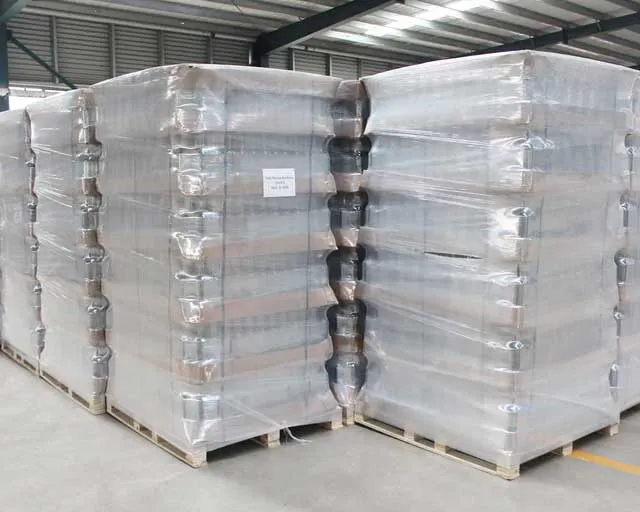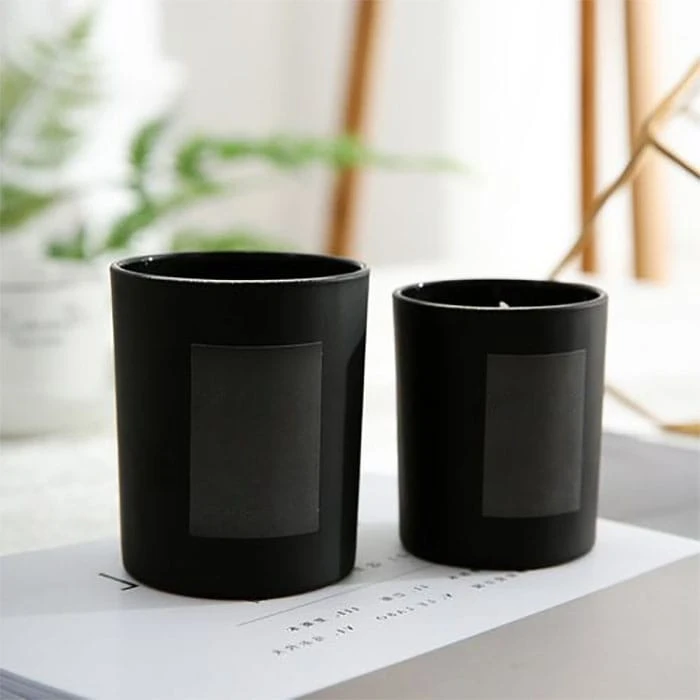The main raw materials for the production of glass bottles include quartz sand, dolomite, sodium carbonate and caustic soda, while recycled glass is also an important material.
- Quartz sand
Quartz sand is one of the main raw materials for the production of glass bottles. It is a mineral with high hardness and durability, and has the characteristics of high temperature resistance and corrosion resistance. It is the main network forming agent in glass products, which can improve the hardness and brightness of glass and make it more transparent. - Dolomite
Dolomite, another raw material used to make glass bottles, is a calcium carbonate mineral with high strength, high toughness and good transparency. Compared with quartz sand, dolomite can improve the chemical stability and heat resistance of glass, preventing rapid deformation and breakage of glass. - Sodium carbonate and caustic soda
Sodium carbonate and caustic soda are additives needed in the production of glass bottles, which can promote the melting of raw materials and glass forming. Sodium carbonate is a salt compound that lowers the melting temperature and viscosity, making it easier to form glass. Caustic soda can improve the alkali resistance and chemical stability of glass, making the glass more durable. - Recycle glass
Recycled glass is a renewable resource and one of the important raw materials for the production of glass bottles. Recycling glass can reduce the raw materials required for primary manufacturing, reduce production energy consumption and environmental pollution, and also extend the service life and recycling rate of glass.
In general, the above raw materials work together, and after being melted at high temperature and formed into glass bottles, they can become indispensable packaging containers in our daily lives.




